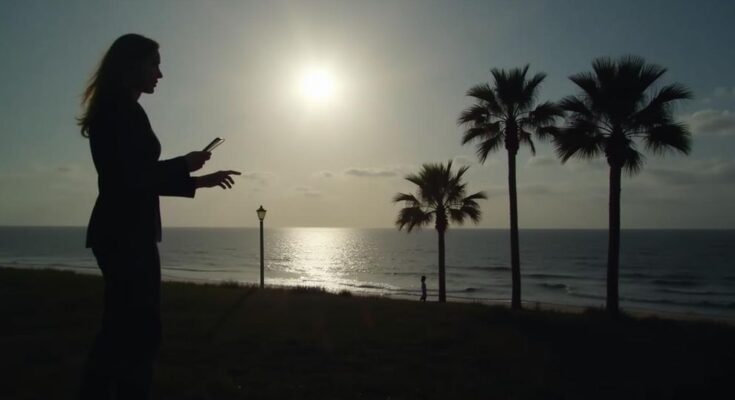Norah O’Donnell, CBS moderator, faced backlash for focusing on climate change rather than the real impact of Hurricane Helene in a recent debate. Critics noted her questions lacked sensitivity given the tragedy. Both candidates, J.D. Vance and Tim Walz, were also seen as diverting from addressing the disaster by making political points instead, raising concerns over media and political bias in tough situations.
CBS moderator Norah O’Donnell has recently faced significant criticism for her handling of a question during a debate regarding Hurricane Helene. Despite the ongoing devastation in western North Carolina, O’Donnell redirected the discourse towards climate change, prompting viewers to express their discontent about her perceived bias. At the start of her question, she highlighted the storm’s severity, noting, “The storm could become one of the deadliest on record. More than 160 people are dead and hundreds more are missing.” Subsequently, she shifted the focus to climate change, stating, “Scientists say climate change makes these hurricanes larger, stronger, and more deadly because of the historic rainfall. … Senator, what responsibility with the Trump administration have to try and reduce the impact of climate change?” This pivot, perceived as lacking sensitivity given the context of the tragedy, drew considerable backlash and accusations of partisan questioning from viewers. Both candidates, J.D. Vance (R) and Tim Walz (D), appeared to engage in political commentary rather than directly addressing the plight of those affected by Hurricane Helene. Tim Walz made use of the debate to criticize former President Trump, suggesting, “When our allies see Donald Trump turn toward Vladimir Putin and North Korea … they won’t stay committed,” sidestepping the realities confronting victims of the hurricane. Consequently, the debate devolved into notable moments of contention, including interruptions and the muting of microphones.
The coverage of Hurricane Helene has been characterized by media outlets’ attempts to tie extreme weather events to broader discussions on climate change. In recent years, there has been growing discourse on the impact that climate change has on the frequency and severity of natural disasters such as hurricanes. Journalists often face scrutiny over their framing of these events and how they align with political narratives. The dialogue surrounding Hurricane Helene’s aftermath provided a platform for political debates that many viewers felt overshadowed the genuine suffering experienced by those directly impacted.
The controversy surrounding Norah O’Donnell’s question during the debate exemplifies the tensions between reporting on natural disasters and the interrelated political discourse on climate change. Critics argue that such approaches may divert necessary attention from the immediate humanitarian issues at play, and that politicians often exploit these moments to further their agendas rather than address pressing realities. This conversation serves as a reminder of the need for sensitivity and focus in disaster-related discussions while recognizing the complexities of climate science.
Original Source: www.outkick.com




